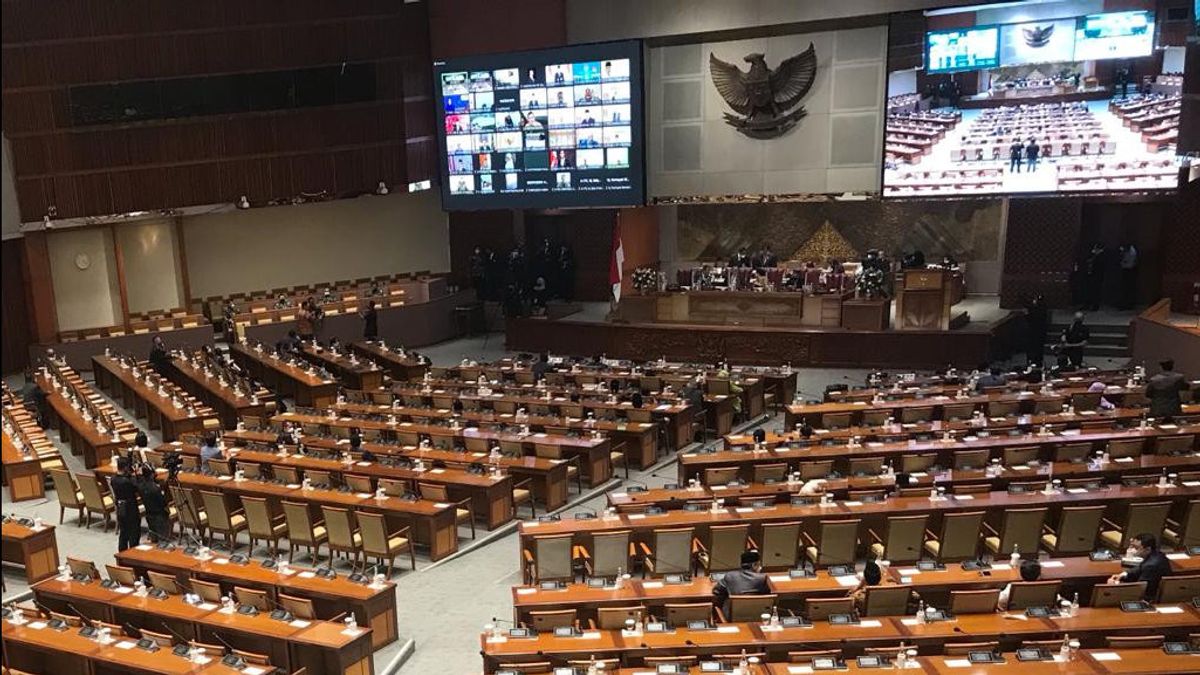JAKARTA - Member of Commission V DPR Mulyadi appreciates the program and method of delivering information about disasters in the country. According to him, the penetration of disaster socialization from BMKG and Basarnas has so far been unique and captivating.
However, the method used is less populist considering that rural areas are not captivated by the existing explanation. Even according to the data he pocketed, village communities close to the Basarnas Education and Training Center do not consider the importance of information from the BMKG or Basarnas.
"What does that mean, there must be improvement, penetration of information, for example, if you need to make posters in villages, RT offices, patrol posts, all kinds of things," he said at a hearing (RDP) of Commission V DPR with the Head of BMKG and the Head of BNNP and Basarnas at the Senayan Parliament Complex, Jakarta, quoted from the YouTube channel of Commission V DPR RI Channel, Tuesday, November 22.
Mulyadi said technology really helps increase interest in information that is being introduced or conveyed. However, the problem lies in the limitations they have.
He also asked BMKG and Basarnas to look back at the demographics of each region, both urban and rural, in order to adapt the right way to convey information related to disasters.
"Because not all people can access the internet, access information from social media. If necessary, disseminate information through the help of the RT," said the Gerindra Party politician.
Mulyadi views it as important to coordinate with stakeholders in the regions in conveying disaster information. According to him, local governments from the RT level can be a responsive 'leg' given the wide range of information and the minimal ratio of the number of personnel from BMKG and Basarnas.
"I sometimes follow what is conveyed through the update of the Chairperson of the BMKG, but I don't feel the community, I feel that there is important information. For example, information penetration is getting more massive and involves regional stakeholders, I think the public will also be more vigilant," he said.
The English, Chinese, Japanese, Arabic, and French versions are automatically generated by the AI. So there may still be inaccuracies in translating, please always see Indonesian as our main language. (system supported by DigitalSiber.id)








